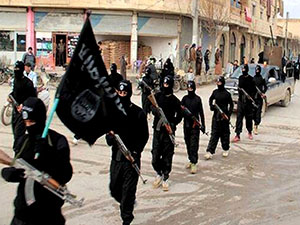 If the civilized world has any chance of defeating the Islamic State (IS) and other Sunni-based terrorist groups, three big bets must pay-off. And winning each bet is not sufficient. The pay-offs must be sustained for an extended period if this scourge is to be defeated.
If the civilized world has any chance of defeating the Islamic State (IS) and other Sunni-based terrorist groups, three big bets must pay-off. And winning each bet is not sufficient. The pay-offs must be sustained for an extended period if this scourge is to be defeated.
The first bet is that President Barack Obama has grown in office and has learned from past errors and mistakes.
Second is that Secretary of State John Kerry will be given the authority to execute the strategy.
And third is that the Iraqi government fully understands that it is in a fight to the death with IS and acts accordingly in reconciling with the Sunni and Kurdish minorities and takes immediate action to rebuild its security forces with competent leadership.
President Obama has been faulted for a lack of determined leadership along with a failure to carry out threats and promises. Drawing “red lines” in Syria regarding the use of chemical weapons, demanding that Bashar al Assad leave office and “leading from behind” were understandably seen as signs of presidential weakness. That Obama approved the raid that killed Osama bin Laden was insufficient inoculation against these charges of absence of backbone.
George W. Bush learned from his disastrous decisions. While the costs of the fiascoes in Iraq and Afghanistan made him the worst president in memory, by the end of his administration, Bush had grown into the job. Ironically, if offered a third term, Bush probably would have made a pretty good chief executive.
The jury is out as to whether Mr. Obama has a similar learning curve. His cautious and almost aloof approach to decision-making will not work in the fight against IS. That is not to say that incautious is better. But not doing “stupid stuff” is not a strategy and must be replaced with smart, coordinated and well-conceived actions—something that so far have been in short supply in this White House.
The next bet is that the president will make John Kerry his George Marshall. General Marshall was the force and brains behind the strategy that won World War II. While Generals Dwight Eisenhower and Douglas MacArthur gained greater fame, it was Marshall who deserved lion’s share of credit for orchestrating victory.
Through painstaking effort, Kerry has produced the overarching strategy to defeat IS, rallied allies to join the coalition and most importantly persuaded the president to approve this bold plan of action. Those steps were necessary. But they are not sufficient by themselves. Follow-up and follow through are vital to sustain this coalition over what could be a very long haul. Kerry, if given the mandate, can do that.
Third, this strategy will not work if Iraq is not fully engaged. Republicans and Democrats must get over blaming each other for the catastrophic consequences that have unfolded in Iraq. Fury must be directed against IS. Perhaps one way to help insure success is for retired Marine General John Allen, designated as the coordinator for coalition responses, to play the role of Ike and use his considerable skills and credibility with Iraqis to get them back into the fight.
That said, winning these bets still will not guarantee the defeat of IS. Having stalled IS’s advance, the next phase is rolling IS back, retaking captured ground in Iraq forcing the enemy to retreat into Syria. At that point, allies in the Gulf may declare victory and return to the status quo ante. Hence, decisions now must be made about confronting IS in Syria.
Containment and attrition by air power worked against Saddam Hussein prior to the ill-conceived invasion. Whether the same strategy applies to IS in its Syrian staging bases remains to be seen. In that regard, Assad and Iran are crucial. The price of defeating IS may well be allowing Assad to continue in office.
If these bets are won, the critical strategic issue and next bet is that Saudi Arabia and Iran can reach some form of accommodation. Without that accommodation, both states will continue to support radical groups whether Salafist and Wahabi extremists or Hezbollah. If that outcome occurs, then this fight is far from over.
While IS will never be fully destroyed as crime can never be fully eliminated, it can be marginalized and defeated. That means each of these three big bets must be won. Once that is done, then the more difficult task of defusing the ticking time bombs that make this region so dangerous can be undertaken.
But first things first provided we think about what comes next.

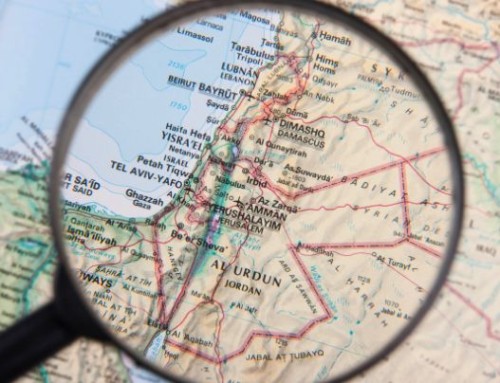

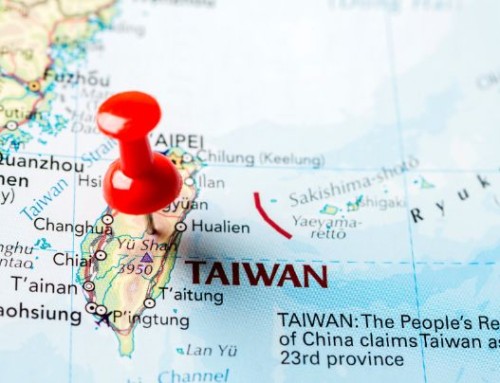
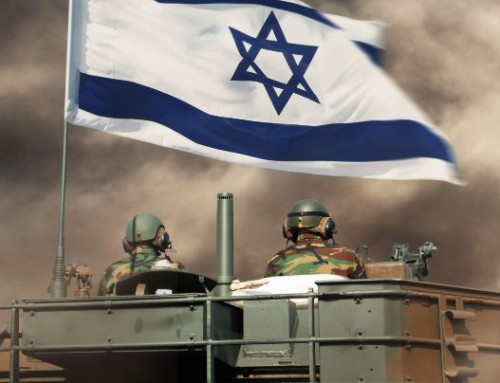
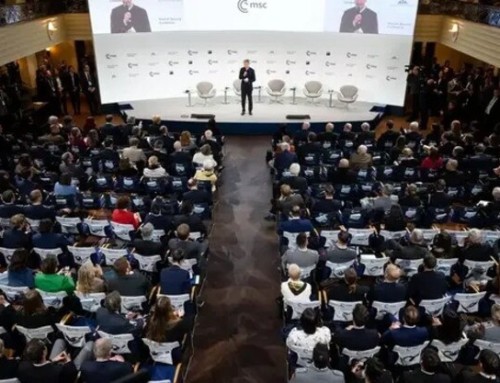
Leave A Comment